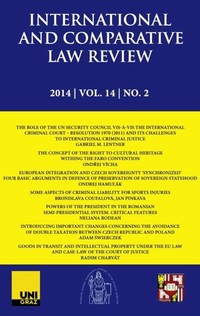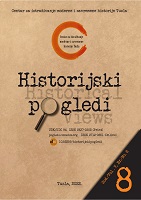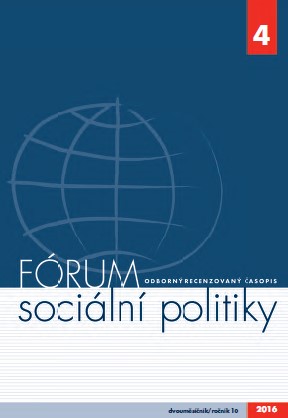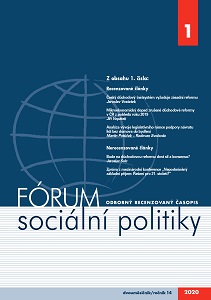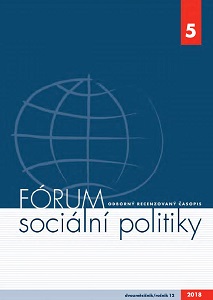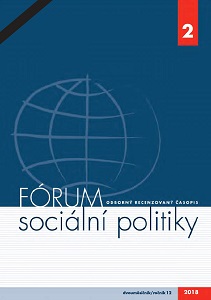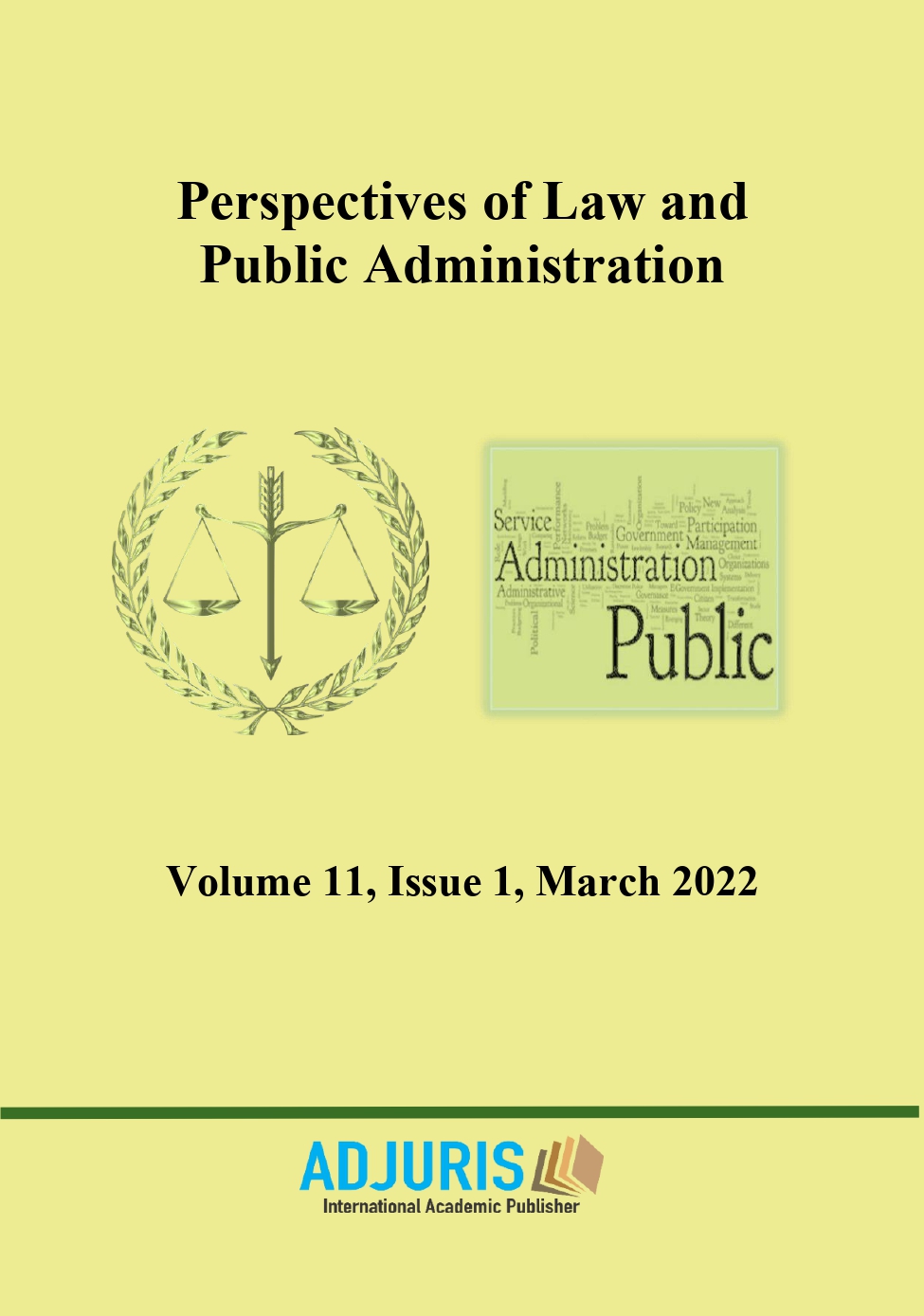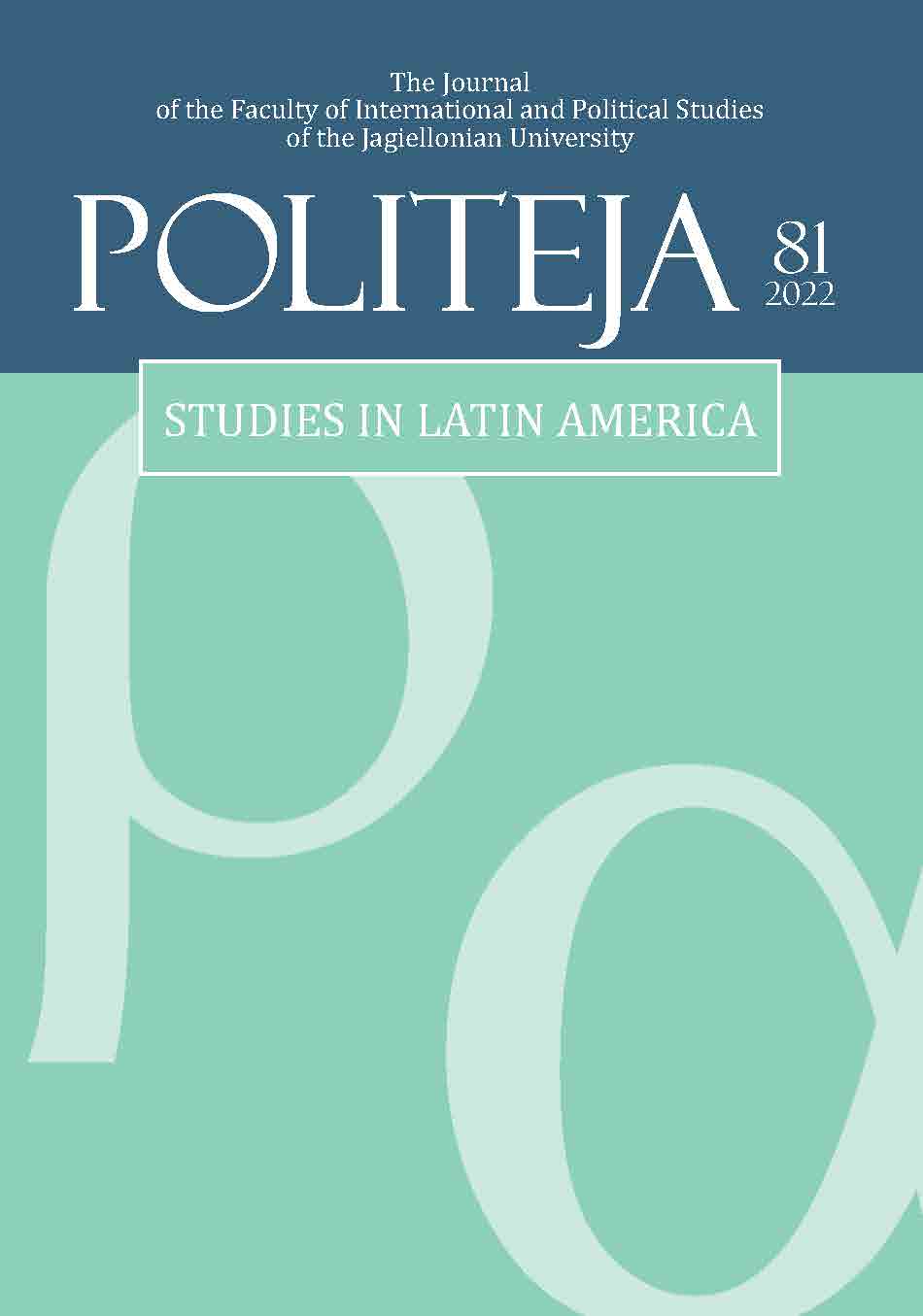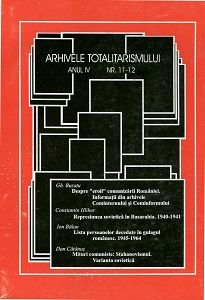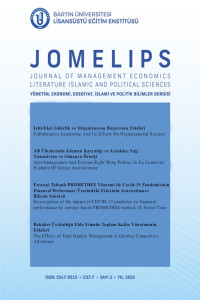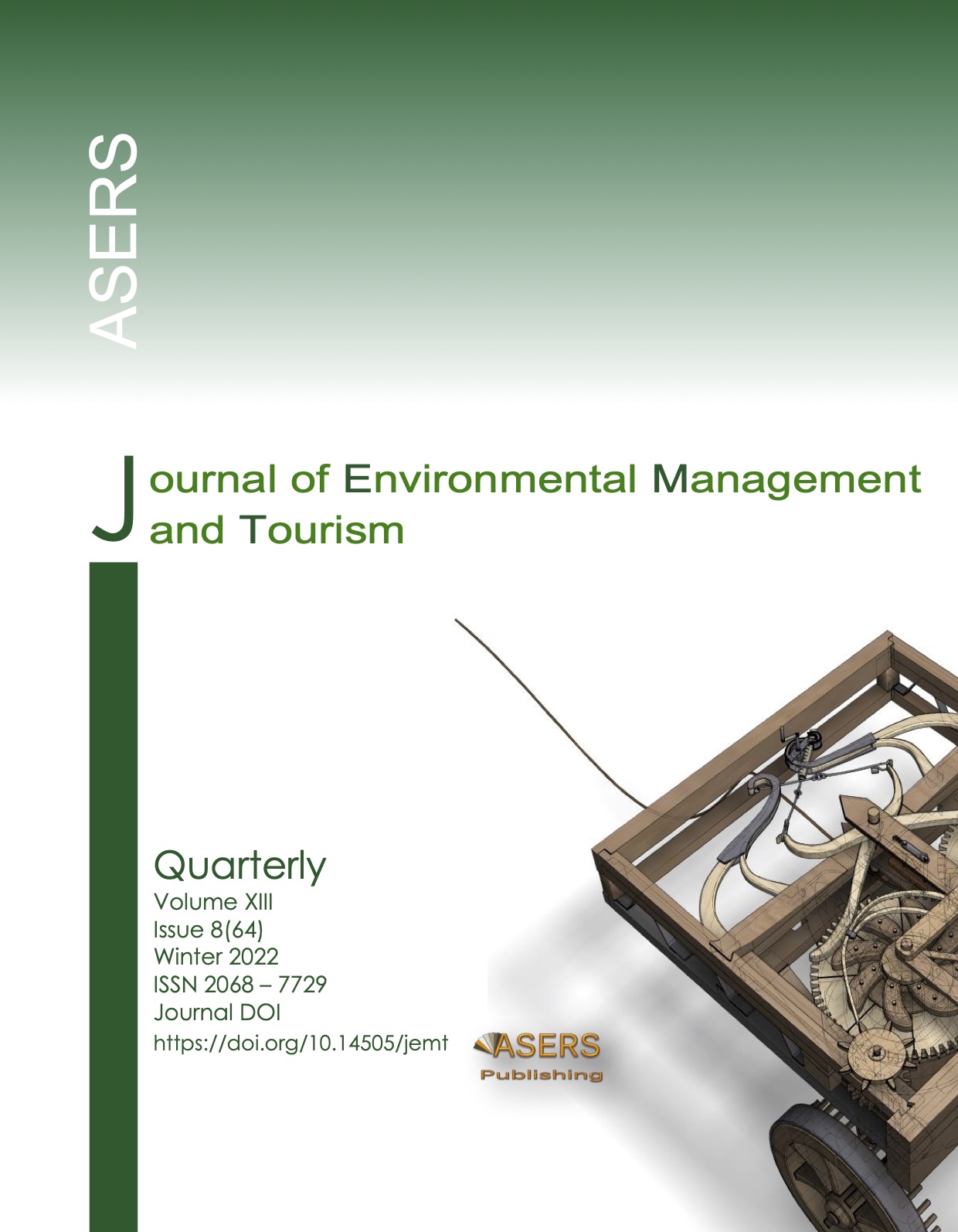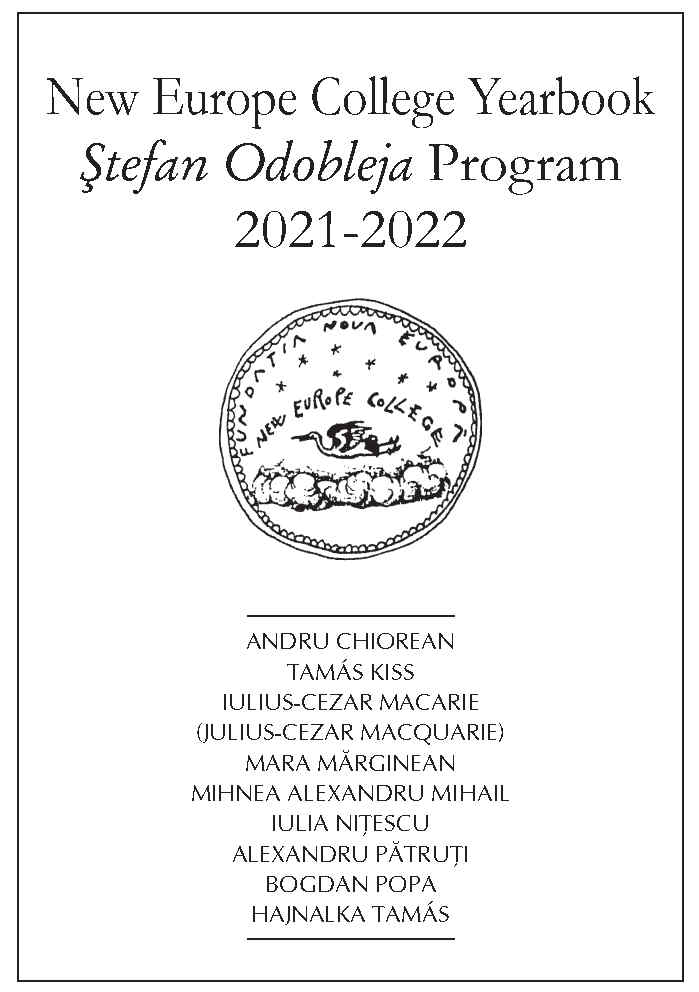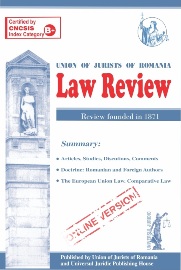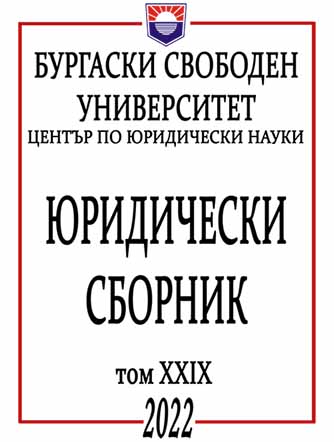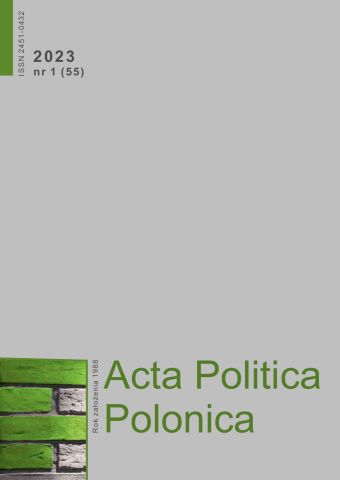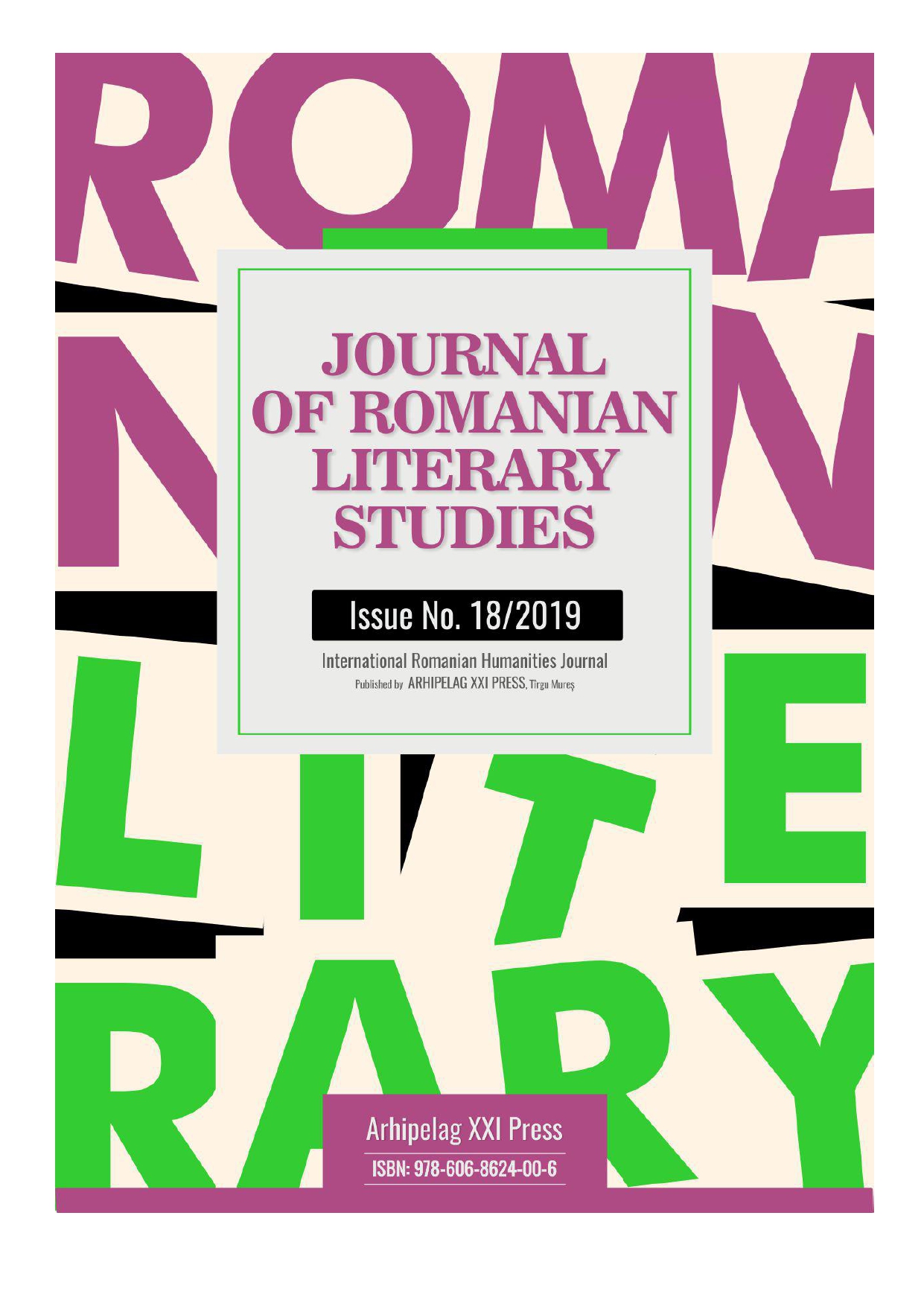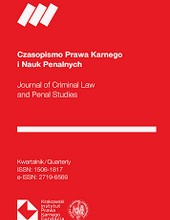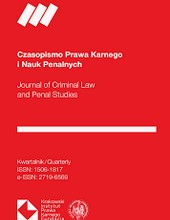Author(s): Ramiza Smajić / Language(s): Bosnian
Issue: 8/2022
The end of the 17th and the beginning of the 18th century was marked by radical changes on the demographic map of the Bosnian Eyalet as a serhat of the Ottoman state. In addition to mass migrations of the Muslim population from the lost Ottoman territories towards the interior of the Bosnian Eyalet, there were also continuous movements of the Christian population in the opposite direction. The paper follows the movements of some groups of Christians, mainly those who respond to the bishop's call to settle the desolate areas around Pécs, Szeged, Baja and the surrounding area, but also the migration of other non-Muslim populations towards the Venetian territory, as well as migrations to the „Imperial lands“ due to various political, economic and other factors. While the Venetian government encouraged, with money and investiture, the people to bring families to Dalmatia, and the Austrian government received petitions from the priests of Bosnian monasteries about the difficult situation of Catholics, the Ottoman government throughout that time undertook activities to stop defections, therefore, the paper describes some of the procedures and the situations themselves. Some authors exaggerate when they say that, for example, between 100 and 200 thousand Catholics left Bosnia. The paper shows that according to some reports, 74 thousand Catholics lived in Bosnia before 1683, and 25 thousand half a century later. This is an acceptable number of emigrant Catholics compared to the exaggerations of some chroniclers. An important part of the work is the knowledge obtained from sources, who actually are the non-Muslims that go across the border from the interior and from the borders of the Bosnian Eyalet. Ottoman sources usually refer to both Catholics and Orthodox by the name „kefere“ (a collective noun denoting the non-Muslim population in general). For the Ottoman administration, the most important thing is that it is a category of non-Muslims in order to tax them according to that category. Due to such a situation, it is difficult to give a definitive number of Catholics or Orthodox in a certain period according to Ottoman sources. In the paper, we provide a limited analysis of the case according to some unpublished sources, so it can be seen how many Christians, heads of the household, remained in a certain area. Often, however, it is not possible to know whether they are Orthodox or Catholics, because there are no priests among them. Names are often a problem, too, because patronymics are rare, and names can be tied to a nomenclature common to both Catholicism and Orthodoxy. From the episcopal and friar reports, it can be seen that in that period, the conversion of Muslims also took place, so among the migrants to the north, for example, there were thousands of new Christians. The cities of Požega, Osijek and Brod also lost their Muslim population and hundreds of Catholics from Sarajevo, Kreševo, Modriča and Vrhbosna are coming to them. Registry books record their origin, especially in the first years of the 18th century. The Orthodox and Catholic population from the Herzegovina Sandžak settles mainly in the Boka Kotorska area. An extensive cadastral census from 1701 shows that among the people there are many who come from places that are not affected by war activities. The Orthodox population from Backa and Baranja goes to Slavonia and Srijem, but also to Ottoman territory. On the territory of the Republic of Dubrovnik, war refugees from the Bosnian ejalet are most often Vlachs, especially during the periods of the Moravian War (1684-1699) and the Venetian-Ottoman War (1714-1718). The Ottoman authorities demanded that these people be delivered to them, and the Dubrovnik authorities formally agreed, but they often helped the people to stay there or to go further by sea.
More...
